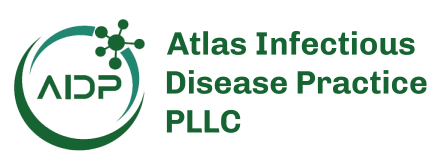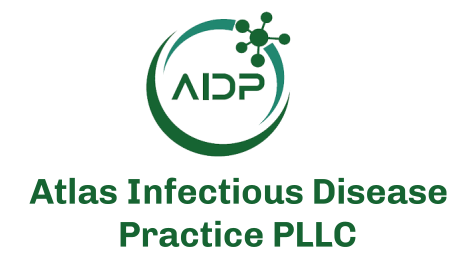
Today, April 16, 2025, the Advisory Committee on Immunization Practices (ACIP) met to review and vote on vaccine recommendations. The discussions covered meningococcal vaccines, the RSV vaccine for adults, and the chikungunya vaccine for travelers and at-risk individuals.
Meningococcal Vaccine
The ACIP recommends that GSK’s MenABCWY vaccine may be used when both MenACWY and MenB vaccines are indicated at the same visit. This includes:
- Healthy persons aged 16–23 years, as part of the routine schedule, when shared clinical decision-making supports the administration of the MenB vaccine.
- Individuals aged 10 years and younger who are at increased risk for meningococcal disease, including those with persistent complement component deficiencies, complement inhibitor use, and/or functional or anatomic asplenia.
Meeting discussion highlights:
GSK’s FDA-approved Pentavalent Vaccine combines protection against both MenACWY and MenB, aiming to simplify dosing and potentially increase MenB vaccination rates. The CDC currently recommends MenACWY for routine use and MenB based on shared decision-making. Concerns were raised regarding the logistics of dosing and the potential for wasted doses if pharmacies are required to stock multiple meningococcal vaccines. Sanofi’s MenQuadfi is seeking an expansion for use in infants as young as 6 months, though safety concerns were noted, including an imbalance in seizure reports and four deaths (which were deemed unrelated to the vaccine). The Vaccines for Children (VFC) Program has also made updates to its meningococcal vaccine resolutions.
Respiratory Syncytial Virus (RSV) Vaccines – Adults
The ACIP recommends that adults aged 50–59 years who are at increased risk of severe RSV disease receive a single dose of RSV vaccine.
Meeting discussion highlights:
The CDC will soon publish clinical considerations outlining the chronic medical conditions and other risk factors that qualify individuals for RSV vaccination. Currently, the RSV vaccine is recommended as a single dose, with no additional doses advised for those who have already received it. It can also be co-administered with any licensed vaccine for this age group. During the meeting, the use of Moderna’s mRNA-1345 and GSK’s Arexvy vaccines was discussed, with a focus on revaccination intervals and clinical/economic factors. The expansion of recommendations is under review, with a proposal to include at-risk adults aged 50–59 and potentially extend it to adults aged 18–49. The preliminary data from Moderna and GSK is not yet strong enough to warrant a vote. Vaccination trends show high uptake in Year 1, followed by a decline in Year 2 as recommendations narrow, with uncertain prospects for Year 3. ACIP’s recommendation allows Pfizer, GSK, and possibly Moderna to recover after sales dropped in the most recent season.
Chikungunya Vaccine
Vote 1: ACIP recommends the virus-like particle chikungunya vaccine for individuals aged 12 years and older who are traveling to a country or territory experiencing a chikungunya outbreak. Additionally, the vaccine may be considered for individuals aged 12 and older who are traveling to or residing in a country or territory without an active outbreak but where there is elevated risk for US travelers, particularly if the planned stay is for an extended period, such as six months or more.
Vote 2: ACIP recommends the virus-like particle chikungunya vaccine for laboratory workers with potential occupational exposure to the virus.
Vote 3: ACIP recommends the live attenuated chikungunya vaccine for individuals aged 18 years and younger who are traveling to a country or territory experiencing a chikungunya outbreak, with the same considerations as Vote 1.
Meeting discussion highlights:
The ACIP based its review of Valneva’s Virus-like Particle Chikungunya vaccine for use in adolescent and adult travelers, laboratory personnel, and pregnant or breastfeeding individuals. Surveillance data for the live attenuated chikungunya vaccine, particularly for travelers, were discussed. A safety review of Valneva’s vaccine (CHIK-LA) identified six serious adverse events, including five hospitalizations and one outpatient visit. At least one CISA expert found a plausible link between the adverse events and the vaccine. Experts noted challenges in distinguishing vaccine-related adverse events from common reactogenicity, especially in older adults with comorbidities.






